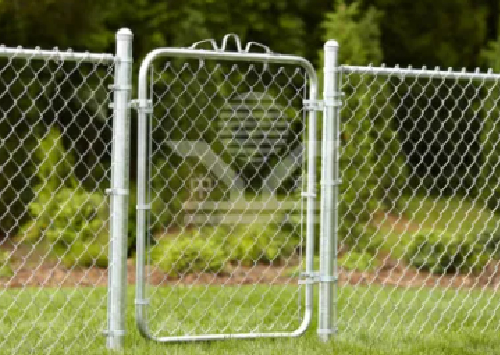

ພ.ຈ. . 23, 2024 04:34 Back to list
Understanding the Cost of Industrial Metal Shredders
Industrial metal shredders are heavy-duty machines designed for the efficient processing of various types of metals. Used widely in recycling facilities, scrap yards, and manufacturing plants, these shredders play a crucial role in reducing the size of metal waste, enabling easier handling, transport, and recycling. However, the cost of purchasing and operating these machines can vary significantly, influenced by multiple factors.
Initial Purchase Cost
The initial cost of an industrial metal shredder can range from a few thousand to several hundred thousand dollars, depending on its specifications and capabilities. Basic models designed for small-scale operations might start around $15,000, while high-capacity, advanced machinery can exceed $500,000. Key factors that influence the price include
1. Size and Capacity Larger shredders with higher processing capabilities tend to cost more. A shredder designed to handle large volumes of metal continuously will have a higher price tag compared to a smaller, less efficient model.
2. Type of Shredder There are various types of industrial metal shredders, such as single-shaft, dual-shaft, and multi-shaft shredders. Single-shaft models are generally less expensive but may not be as versatile as dual or multi-shaft options that can handle different materials and produce finer granulation.
3. Features and Technology Advanced features like automated controls, energy-efficient motors, and specialized blades for particular metal types can increase the cost. Machines equipped with the latest technology often have a higher upfront cost but can offer better efficiency and lower operational costs in the long run.
4. Brand and Manufacturer The reputation of the manufacturer can also play a role in pricing. Well-established brands with a history of reliability may command higher prices due to the perceived quality and aftersales support they offer.
Operating Costs

Beyond the initial purchase price, it’s essential to consider the operating costs associated with running an industrial metal shredder. These costs can include
1. Energy Consumption Industrial metal shredders require a substantial amount of power to operate, with energy costs contributing significantly to overall expenses. The efficiency of the machine and local energy prices can influence these costs greatly.
2. Maintenance and Repairs Regular maintenance is crucial to ensure the longevity and efficiency of shredders. This includes blade sharpening, motor checks, and routine inspections. Over time, parts may need to be replaced, leading to additional costs.
3. Labor Costs Operating a metal shredder often requires skilled labor. Depending on the complexity of the machinery, you may need trained operators to ensure safe and efficient operation, which can add to your overall costs.
4. Insurance and Storage If you operate a recycling facility, you must consider the costs of insuring your equipment and potentially renting a facility to house the machine.
Return on Investment
Despite the significant initial costs and ongoing expenses, investing in an industrial metal shredder can offer substantial returns. Efficient shredding reduces waste volume, maximizes the recyclability of materials, and can lead to increased revenue from selling processed metals. Additionally, as regulations surrounding waste disposal and recycling become more stringent, having the right machinery in place becomes critical for compliance and competitiveness in the market.
Conclusion
The cost of industrial metal shredders encompasses a wide range of factors, from the initial purchase price to ongoing operational expenses. Businesses must weigh these costs carefully against the potential benefits of enhanced efficiency, environmental compliance, and profitability. By making informed decisions and choosing the right equipment tailored to specific needs, organizations can ensure that their investment in metal shredding technology pays off in the long run.
Latest news
Troubleshooting Common Eddy Separator Problems
NewsJul.04,2025
The Role of Metal Recycling Plants in Circular Economy
NewsJul.04,2025
The Impact of Recycling Line Pickers on Waste Management Costs
NewsJul.04,2025
Safety Features Every Metal Shredder Should Have
NewsJul.04,2025
How Industrial Shredders Improve Waste Management Systems
NewsJul.04,2025
How Cable Granulators Contribute to Sustainable Recycling
NewsJul.04,2025